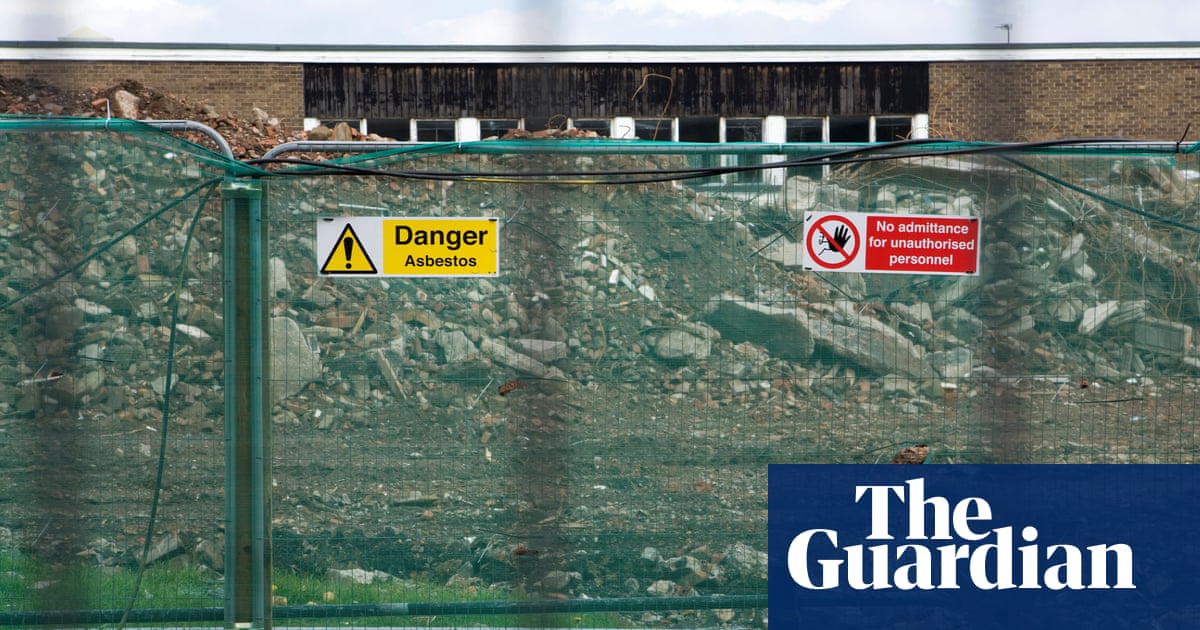
The Spanish government has urged people to stay at home after at least three people died during the worst snowstorm to strike the country in 50 years. Madrid and the surrounding region were brought to a frozen standstill, and hundreds of motorists were left trapped in their cars.
Storm Filomena hit Spain on Friday, bringing snowfalls not seen in Madrid since 1971, according to the state meteorological office, Aemet. The snow continued overnight and into Saturday, by which time 50cm had fallen in parts of the Madrid region.
A man and a woman drowned near the Andalucian town of Fuengirola after their car was swept away by a swollen river in the early hours of Saturday, and a man died in the village of Zarzalejo in Madrid region after becoming buried in the snow.
Emergency services said the death on Saturday of a homeless man in the Madrid neighbourhood of Carabanchel was due to a cardiac arrest and not, as initially believed, to the cold.
Five Spanish provinces – Valencia, Castellón, Tarragona, Teruel and Zaragoza – remained on red alert on Saturday afternoon.
As Barajas airport in Madrid closed, train services in and out of the capital were cancelled and emergency services and military rescue teams worked to free stranded motorists and clear main roads, the government called on people to stay indoors, warning the worst may be yet to come.
“The situation is serious and we can’t ignore it,” the transport minister, José Luis Ábalos, told reporters on Saturday afternoon.
“I want to stress the need for people to stay at home and follow the guidance from the authorities. When the storm abates, we’ll be facing an intense cold front, which will bring very low temperatures that will mean we’ll need to deal with ice. We’ll be getting into a situation that may be more dangerous than the one we’re in right now.”
Spain’s interior minister, Fernando Grande-Marlaska, said 1,500 people had been rescued in the Madrid region but that 650 roads across Spain were still affected by the storms. He defended the central government’s response to the emergency, and said: “We haven’t had a situation liked this for 50 years.”
Rubén del Campo, a spokesman for Aemet, offered a similar assessment: “We’re talking about an exceptional snowfall; you’d probably have to look back to the 1970s for snowfall of a similar magnitude in and around the capital.”
Del Campo said the heavy snows were moving north from the centre of the Iberian peninsula towards Valencia, Aragón, Catalonia, Navarra and the Basque Country. By Sunday, Storm Filomena would drift out across the Mediterranean, giving way to a cold front, icy conditions and temperatures as low as -10C in some places, he said.
The regional president of Madrid, Isabel Díaz Ayuso, echoed the call for people to stay at home as she announced that schools and universities in the region would be closed on Monday and Tuesday and urged non-essential civil servants to work from home.
“It’s best to stay home for a few days because broken tree branches and icy patches are making walking dangerous,” she said.
Broken branches, snapped under the weight of the snow, littered many streets in the capital on Saturday, and there were long queues for bread and other basic items in some neighbourhood shops.
Sandra Morena, a 22-year-old security guard, became stranded in her car on Friday night as she drove to work. She was rescued by an army team on Saturday morning.
“It usually takes me 15 minutes but this time it has been 12 hours freezing, without food or water, crying with other people because we didn’t know how we were going to get out of there,” she told the Associated Press.
“Snow can be very beautiful but spending the night trapped in a car because of it is no fun.”









